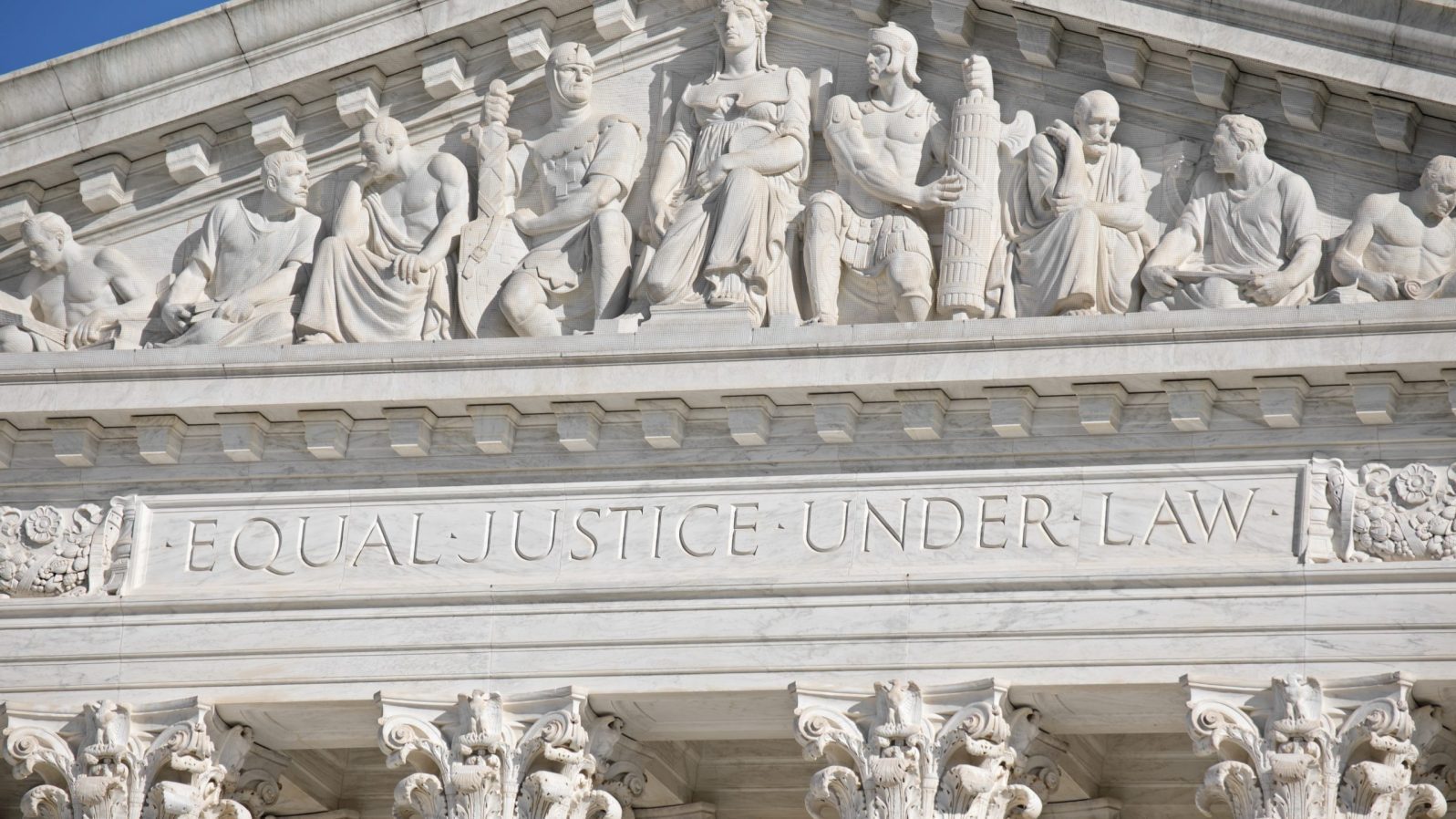|
Getting your Trinity Audio player ready...
|
Alabama will have a second congressional district in which Black voters will have an opportunity to elect a candidate of their choosing – for at least one election cycle.
The U.S. Supreme Court on Tuesday morning denied Alabama’s request to stay a district court’s decision that requires the state to redraw its congressional maps, which unconstitutionally packed Black voters into a single district and limited their voting power throughout the rest of the state. The denial of the stay came without a single dissent from a justice.
The denial means that for the 2024 election cycle, Alabama voters will be placed in seven districts according to one of three maps submitted on Monday by a special master, who was ordered by a federal appeals court to redraw Alabama’s maps after state lawmakers defied the court’s order to do so.
In the three maps submitted by Special Master Richard Allen on Monday, a newly-drawn 2nd District made it significantly more likely that a Black-preferred candidate would win a congressional race. In an analysis of 17 recent elections, if the new maps had been used, a Black-preferred candidate would have won in a significant majority.
Parties in the case have three days to file objections to the proposed maps.
While the denial of the stay is an important win for voting rights advocates, it is not the end of the fight. Alabama’s appeal of the three-judge district court’s ruling still remains before the Supreme Court and the justices have not determined whether they will take up that challenge, which carries the potential of overturning Section 2 of the Voting Rights Act.
Winning that appeal was Alabama lawmakers’ ultimate goal when they decided to defy the Supreme Court’s order to draw a second majority-minority congressional district. However, legal experts have questioned the state’s tactics, and Rep. Chris England, an attorney who has been involved with the redistricting lawsuits, said he felt the Republican plan forced the justices into a bad spot.
“They’re essentially asking the Supreme Court to OK outright defiance of their orders as a legal strategy,” England said during an appearance on the Alabama Politics This Week Podcast. “I don’t believe that to be a winning strategy. Because they didn’t do anything to fix the maps they submitted the first time. If the Supreme Court approves that strategy, what message does it send to all the other states?”
The fact that there were no dissenting votes on the Supreme Court’s one-sentence order denying the stay was viewed by many legal experts as an indication that Alabama is a significant underdog now in its attempt to challenge the VRA. A loss would be a significant blow to Alabama Attorney General Steve Marshall and Alabama GOP Chairman John Wahl, who each lobbied the legislature to try this strategy. During deposition testimony in the ongoing legal battle over the maps, Alabama lawmakers admitted that they weren’t sure who drew the map, and that the AG’s office provided talking points to defend them.
APR recently reported in depth on the murky connections between Marshall’s office, and specifically Solicitor General Edmund LaCour, and Associate Justice Brett Kavanaugh and a variety of far-right, dark-money groups that have their hands in influencing important judicial outcomes.



















































